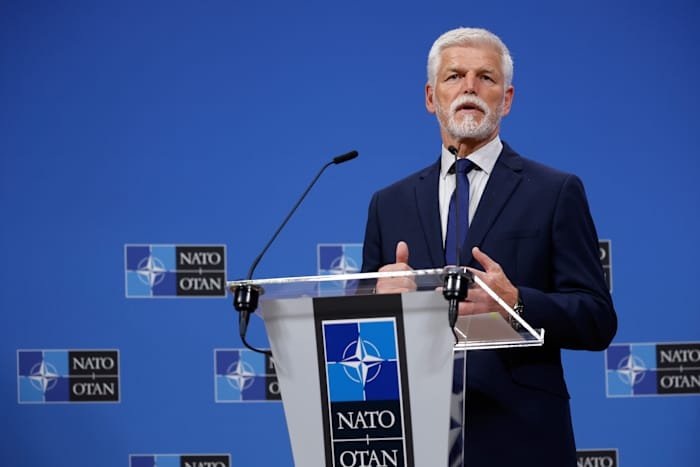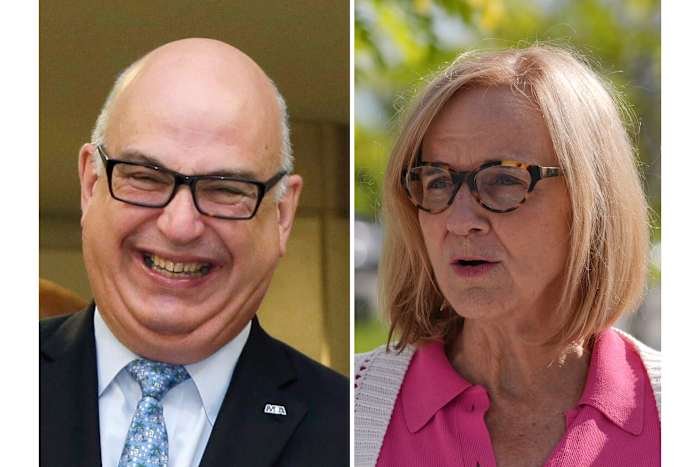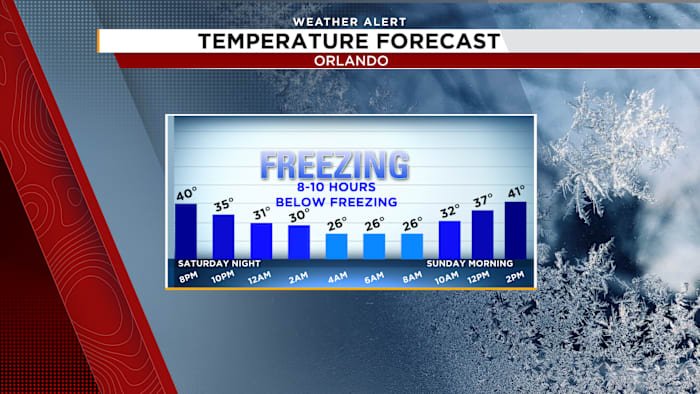In a move that could have far-reaching implications both globally and locally, Hussein al-Sheikh has been named vice president of the Palestine Liberation Organization (PLO). For residents of Orlando and Central Florida, news from the Middle East may seem distant, but the ripple effects of such developments can touch our diverse community, international students, and local businesses. In this article, we break down what Hussein al-Sheikh’s new role means for the PLO, how it could impact international relations, and why Orlando residents should pay attention.
Who Is Hussein al-Sheikh?
Hussein al-Sheikh is a prominent Palestinian politician who has played a key role in Palestinian-Israeli relations for years. Known for his diplomatic skills, al-Sheikh has served as the head of the General Authority of Civil Affairs, overseeing coordination between the Palestinian Authority and Israel. His appointment as vice president of the PLO places him second-in-command to President Mahmoud Abbas, making him a pivotal figure in shaping the future of Palestinian politics and the broader Middle East.
For Orlando’s Palestinian community, which counts several thousand members, this appointment is a matter of pride and deep interest. Community leaders and local mosque congregations have already begun organizing discussions and informational sessions to help residents understand the significance of this change in leadership.
What Is the PLO and Why Does It Matter?
The Palestine Liberation Organization, or PLO, was founded in 1964 and is recognized internationally as the representative body of the Palestinian people. The PLO has played a central role in peace negotiations, policy setting, and international diplomacy for decades. The organization’s leadership is crucial not only for Palestinians in the Middle East but also for diasporic communities around the world, including those here in Orlando.
Orlando’s universities, such as UCF and Rollins College, have robust international relations programs. Students and faculty are closely watching developments within the PLO, as these shifts may affect academic research, exchange programs, and even local cultural events that promote understanding of the Israeli-Palestinian conflict.
How Could This Affect Orlando’s Diverse Community?
Orlando is renowned for its multicultural fabric, with communities from around the globe calling Central Florida home. The city is host to a growing Middle Eastern population, including Palestinians, Israelis, and others from the region. Any major development in the Middle East can influence local interfaith dialogues, business relations, and even citywide events.
For instance, local restaurants and grocery stores specializing in Middle Eastern goods have seen increased interest following major news from the region. Community centers and cultural organizations often hold forums to discuss the latest developments, providing a space for learning and conversation. Al-Sheikh’s appointment may spark renewed interest in these gatherings, as residents seek to better understand the potential for peace or escalation in the Middle East.
In addition, Orlando’s tourism industry—which attracts millions of international visitors each year—often feels the effects of global political shifts. A more stable Middle East could mean increased tourism and business travel between Orlando and countries in the region, while heightened tensions could have the opposite effect.
Implications for International Relations and U.S. Policy
Hussein al-Sheikh’s new role comes at a time when U.S. foreign policy in the Middle East is under review. The Biden administration, like previous administrations, has maintained close ties with both Israel and the Palestinian Authority. Al-Sheikh is known for his pragmatic approach, which could open the door to renewed peace talks—something many in the international community, including local Orlando advocacy groups, have been calling for.
Orlando is home to several nonprofit organizations focused on peace-building and humanitarian aid in the Middle East. These groups may find new opportunities to partner with the PLO under al-Sheikh’s leadership, as he is seen as open to dialogue and collaboration with international partners. Local activists have already begun reaching out to their networks in hopes of fostering new initiatives that could benefit both the region and Orlando’s own community.
Orlando’s Role in Fostering Understanding
As a global city, Orlando plays a unique role in fostering cross-cultural understanding. Local schools, religious organizations, and community centers often serve as bridges between cultures. The appointment of Hussein al-Sheikh as PLO vice president provides an opportunity for Orlando to continue leading the way in dialogue, education, and cultural exchange.
In the coming months, look for local events, panel discussions, and workshops aimed at unpacking the latest developments in Palestinian politics. These gatherings are vital for building empathy and understanding among Orlando’s diverse population, and for helping residents make sense of international news that can sometimes feel remote or confusing.
Conclusion: Stay Engaged, Orlando!
While Hussein al-Sheikh’s appointment as vice president of the PLO may seem like a distant headline, its implications reach all the way to Orlando. From our vibrant Palestinian community to our international students and globally minded residents, this development is a reminder of how interconnected we all are. As the situation evolves, the team at Daily Orlando News will continue to provide updates and insights tailored for Central Florida readers.
What do you think Hussein al-Sheikh’s new role means for peace in the Middle East and for our community here in Orlando? Let us know your thoughts in the comments below!
















